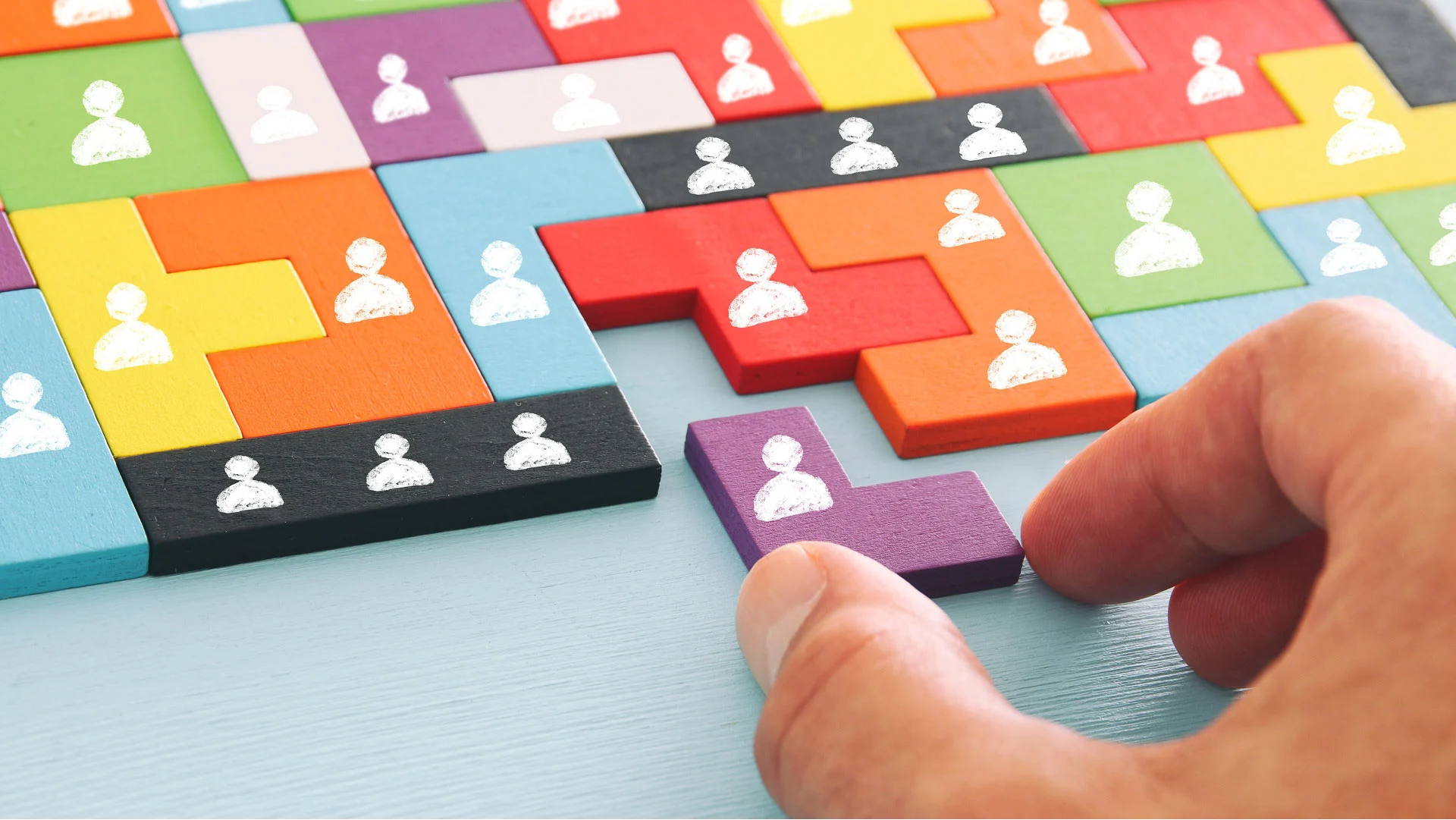
The merger of the two universities has allowed Institute of Science Tokyo (Science Tokyo) to expand into a broad range of academic fields. A cross-view approach to discussing a single theme from various perspectives. In this first issue of "scientia", a theme of "humans." will be delved.
Custom designed nursing care as a creative endeavor
Art
Junior Associate Professor Ayako Noguchi
Division of Integrated Facilities, Intensive Care Unit
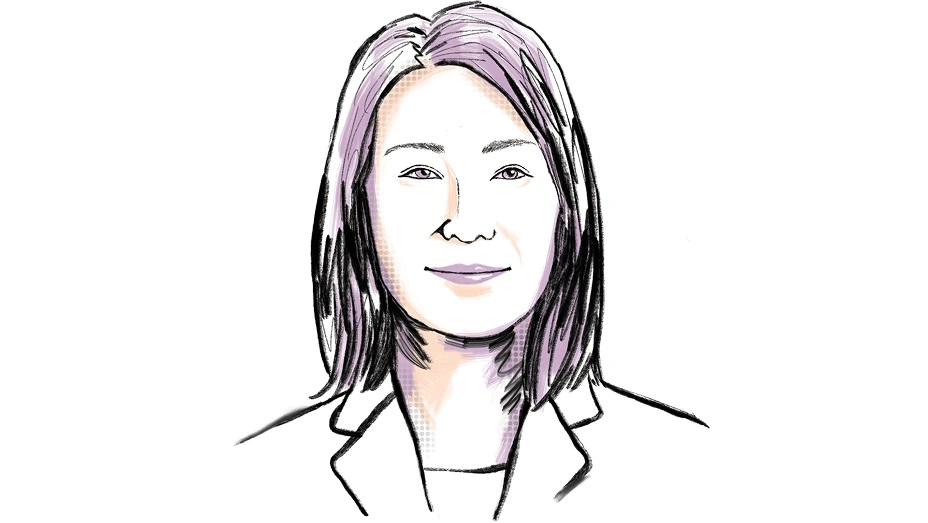
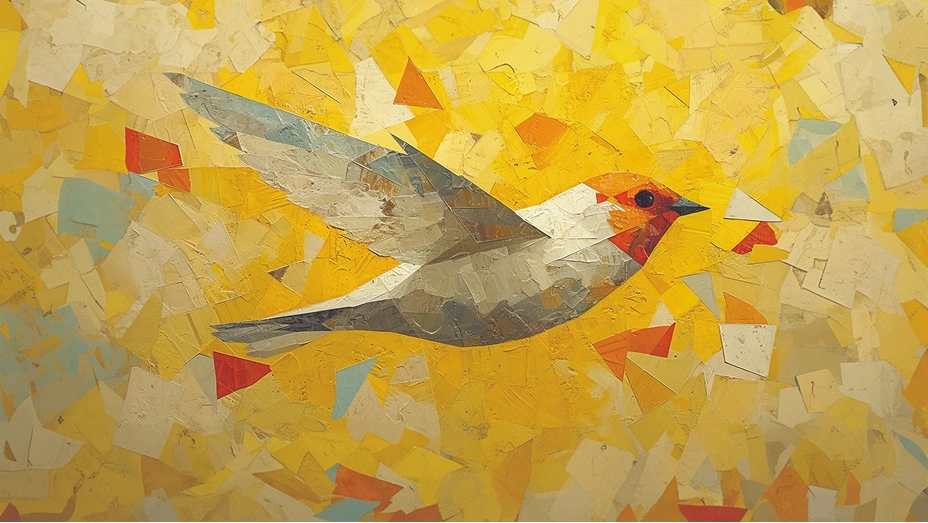
There are no "one-size-fits-all" solutions in nursing care. It is necessary to imagine and then implement the best care for each individual. In this sense, nursing care can be thought of as a creative endeavor. I'm working to discover hospital environments and methods of care that incorporate design thinking and art.
Investigating how the timing of meals impacts the body
Nutrition
Associate Professor Masaki Takahashi
Institute for Liberal Arts
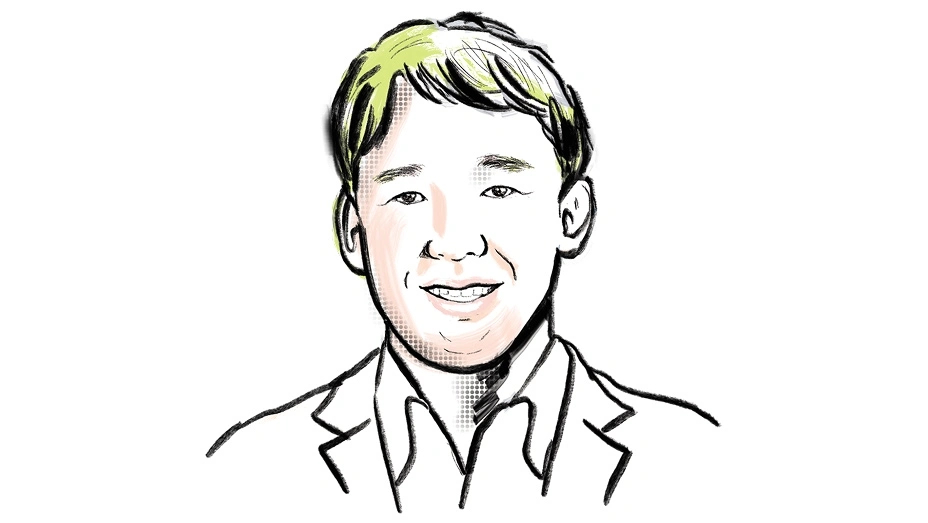

In the field of chrono-nutrition, I explore how the timing of dietary intake affects the human body. Lifestyles today are becoming increasingly diverse, so it is essential that nutritional and dietary habits are synchronized with the rhythm of each individual's life. I am conducting research using knowledge from chrono-nutrition to promote healthy human lifestyles.
Predicting disease based on minute changes in hand movement
Body
Professor Koji Fujita
Center for Medical Innovation
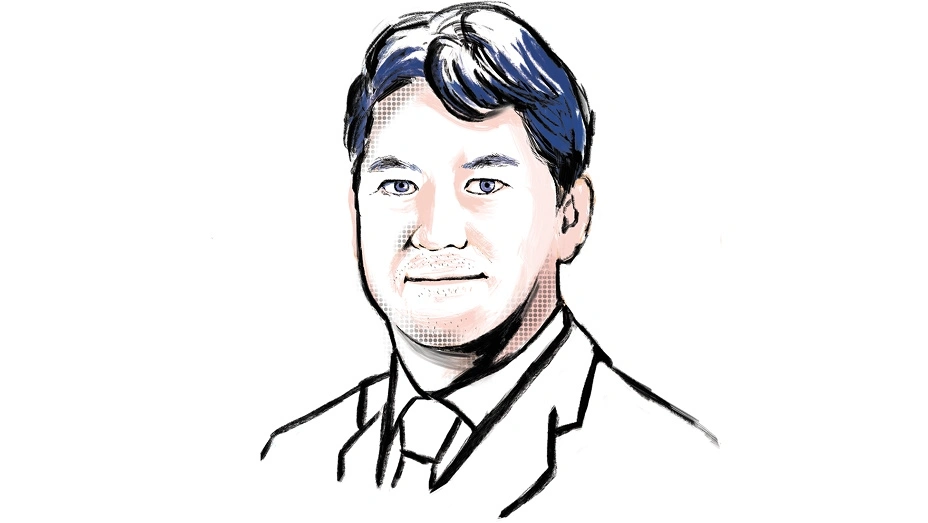

Our hands are a crucial part of our bodies that significantly affect our quality of life. However, certain mechanisms of their movement are still not clearly understood. I focus on the various types of information that can be gleaned from the subtle movements of hands and fingers, developing methods to recognize early indications of disease and monitor the progress of rehabilitation, thereby assisting in treatment and diagnosis.
Studying how the Earth’s environment formed in a way that allowed humans to exist
Environment
Professor Yuichiro Ueno
Department of Earth and Planetary Sciences, School of Science
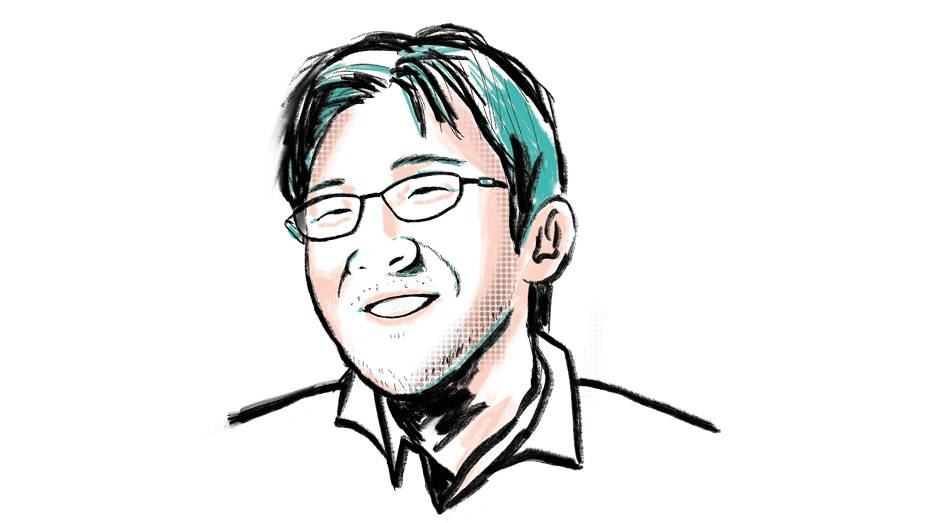

The Earth's environment has been changing episodically over the past 4.5 billion years. The oxygen necessary for human respiration appeared in the atmosphere about 2.3 billion years ago, and plants and animals that serve as food emerged about 500 million years ago. I am developing techniques to trace the origin of molecules extracted from ancient strata in order to investigate the Earth's environment on a billion year scale and unravel the mysteries of the Earth's and life's histories.
Researching soft robots to gain a deeper understanding of humans
Robot
Professor Shingo Maeda
Department of Mechanical Engineering, School of Engineering
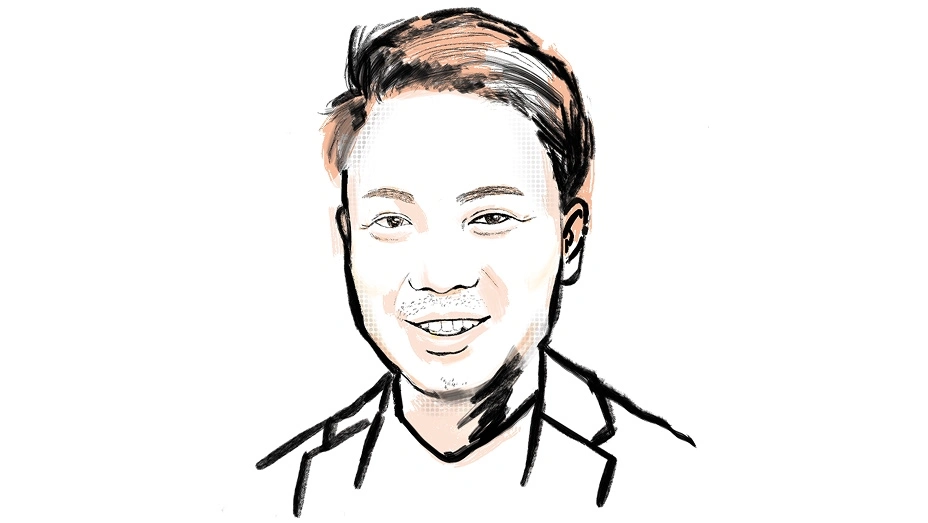
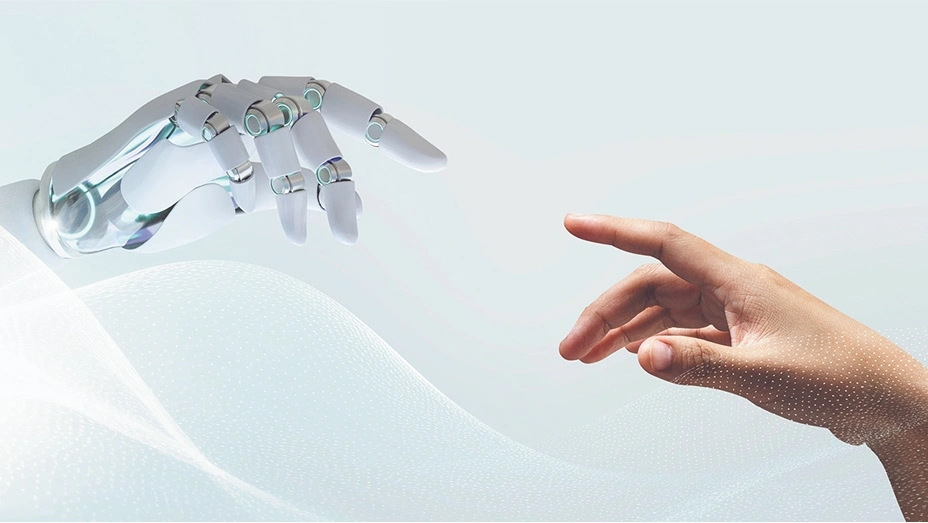
Understanding the profound impact that the social environment has on human health
Society
Professor Jun Aida
Department of Dental Public Health, Graduate School of Medical and Dental Sciences
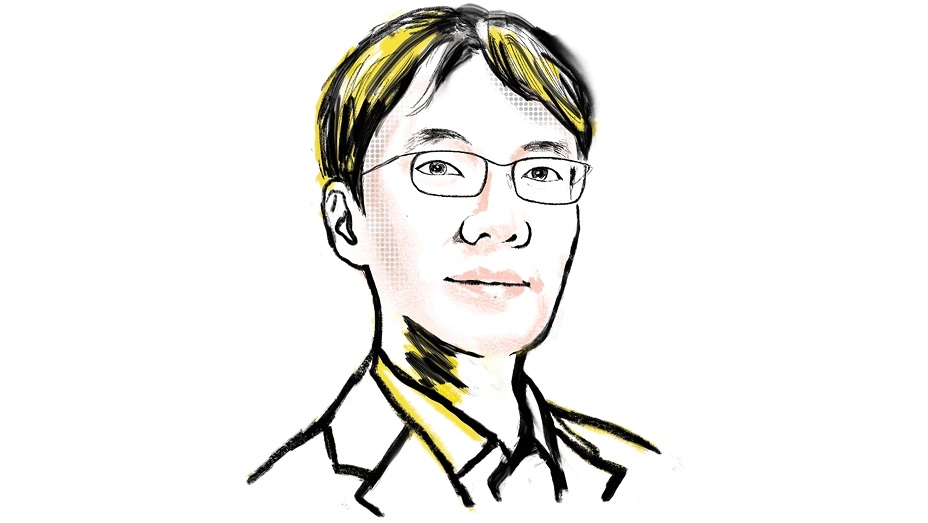
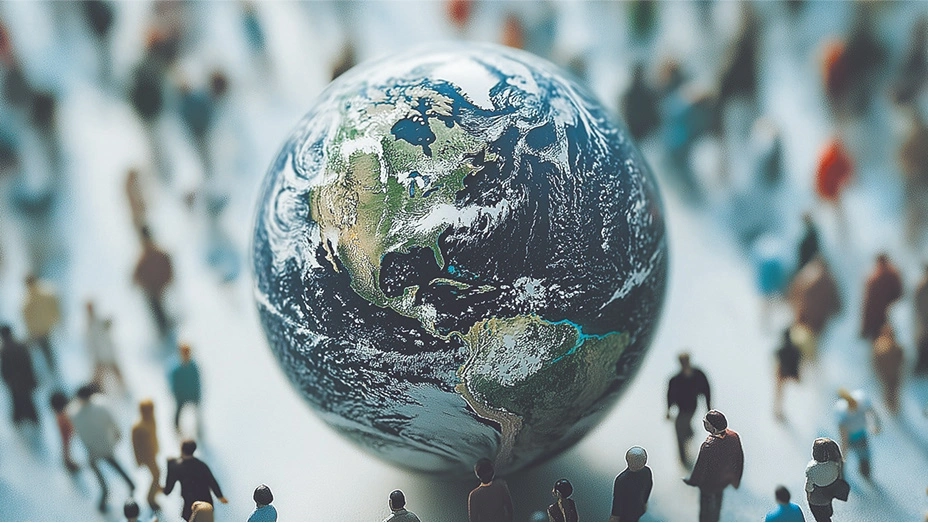
Human health and behaviors are influenced by the social environment. Why are there such significant differences in health conditions across various countries and regions? I analyze big data to study the impact that the social environment has on health, such as the relationship between poverty and poor health, how human relationships affect health, and how distance to dental clinics influences the frequency of dental visits.
Strong, gentle and smart polymers for advanced medicine
Material
Professor Chie Kojima
Department of Materials Science and Engineering, School of Materials and Chemical Technology
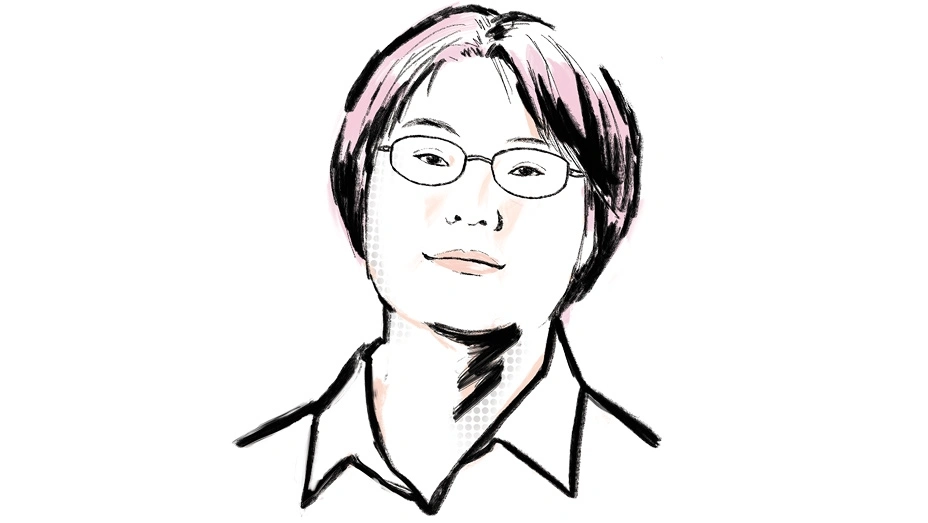
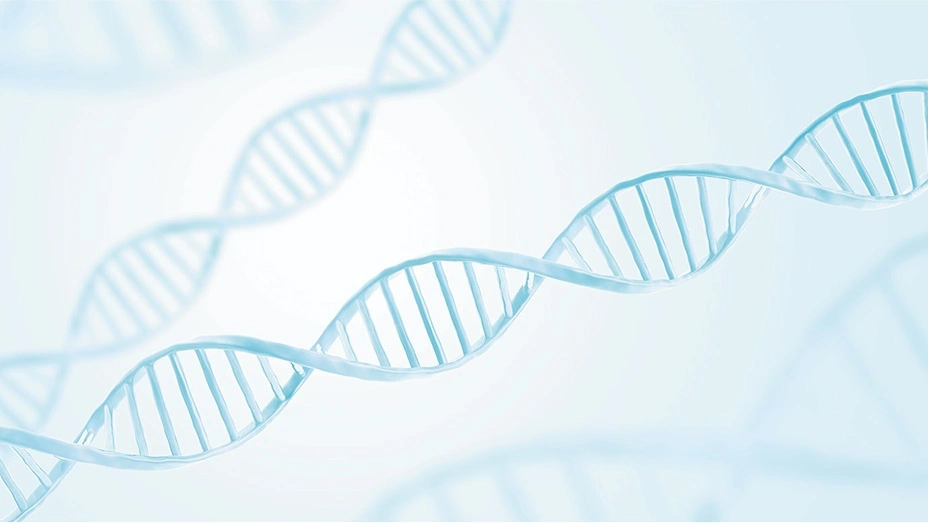
Biopolymers, such as proteins and DNA, are closely linked to various vital phenomena in humans. By taking inspiration from and utilizing these, we have developed medical polymers which work strongly, gently, and smartly. Our research is the behind-the-scenes support in advanced medicine.